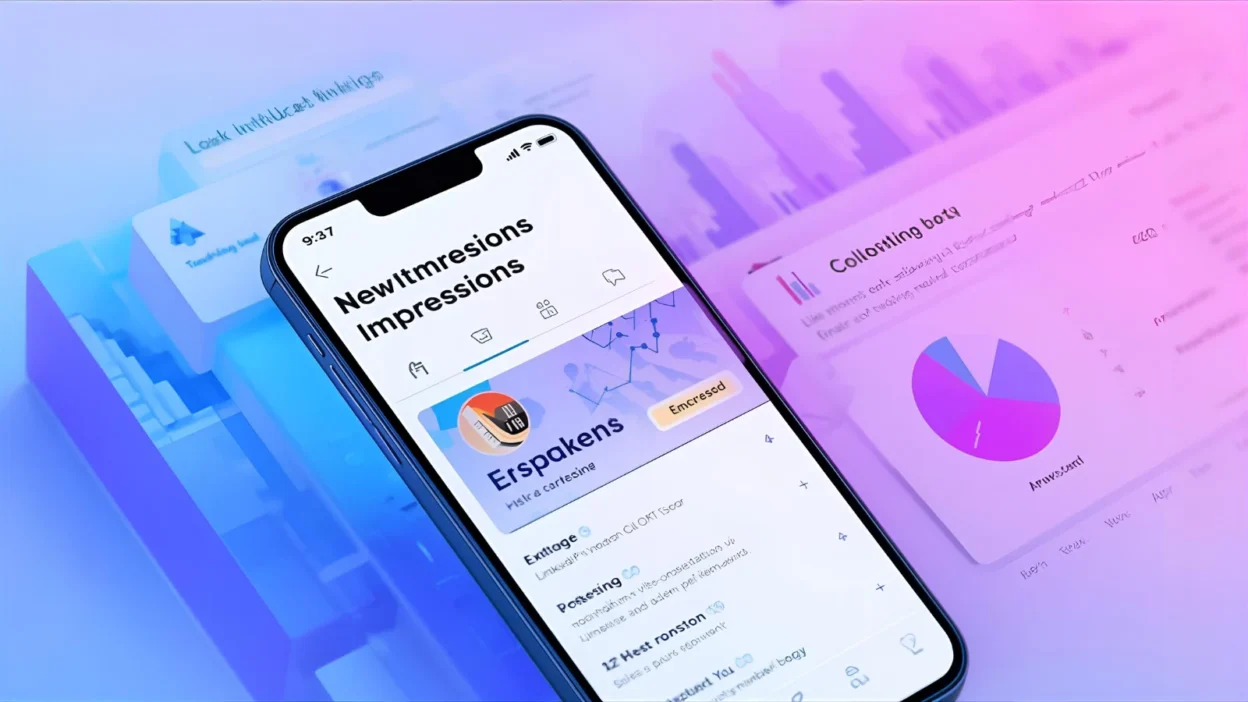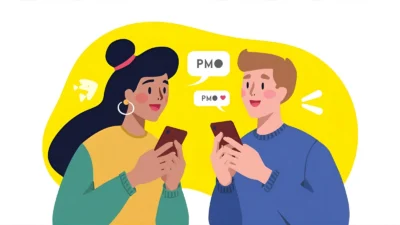Ever posted on LinkedIn and noticed the “Impressions” number going up but felt unsure what it actually means? You’re not alone.
Many people assume LinkedIn impressions equal likes, clicks, or comments — but that’s not the case.
When I first checked my post with 500 impressions, I thought everyone had read it. Spoiler: they hadn’t.
Quick Answer:
On LinkedIn, “Impressions” means the total number of times your post or article appeared on someone’s screen. It’s a visibility metric, not a measure of engagement.
Understanding what are impressions on LinkedIn is essential for creators, marketers, and professionals aiming to optimize their posts and reach.
🧠 What Does “Impressions” Mean on LinkedIn?
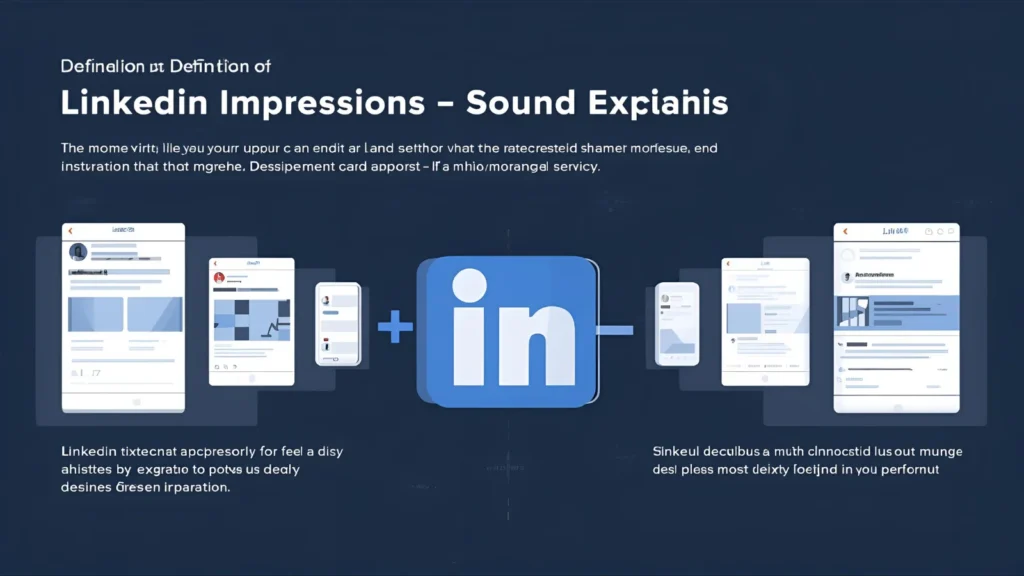
LinkedIn impressions track how many times your post, article, or update appears on feeds. It does not measure engagement, clicks, or reads.
Example:
If your post shows on 1,000 feeds but only 50 people like or comment, your impressions still count as 1,000.
Key Point:
Impressions = Number of times content appears = Visibility metric (not engagement).
This helps you understand LinkedIn impressions explained and distinguish it from views, clicks, or reach.
📱 Where Is “Impressions” Commonly Used?
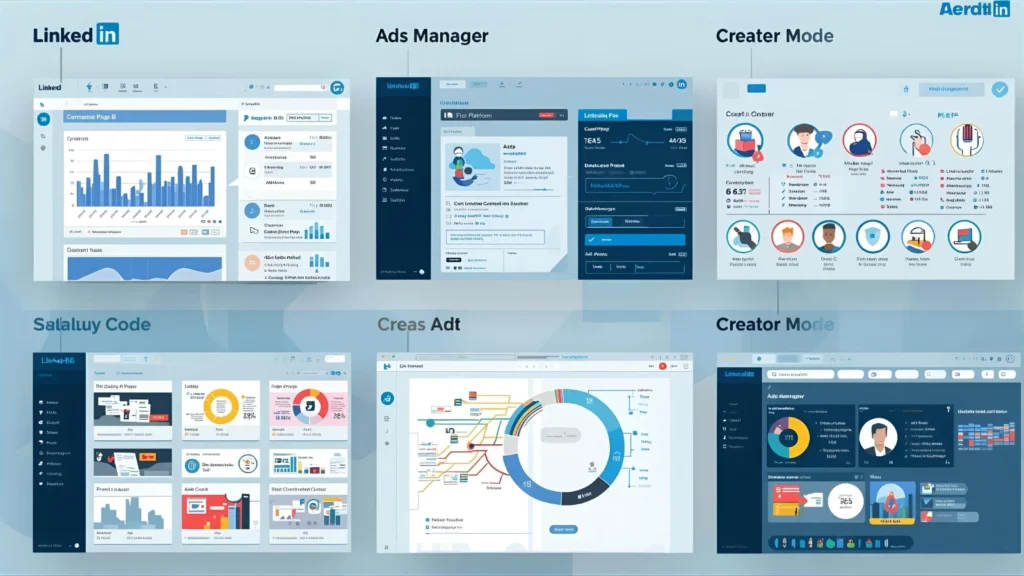
LinkedIn impressions metric appears in several professional contexts:
- 📊 LinkedIn Analytics Dashboards — check post, article, and video visibility
- 💼 Company Pages — track updates and content reach
- 🧑💻 LinkedIn Ads Manager — monitor campaign impressions
- 📢 Creator Mode Insights — analyze reach and performance
It’s a formal, data-focused term, used mainly in professional marketing and content strategy discussions rather than casual texting.
💬 Examples of “Impressions” in LinkedIn Context
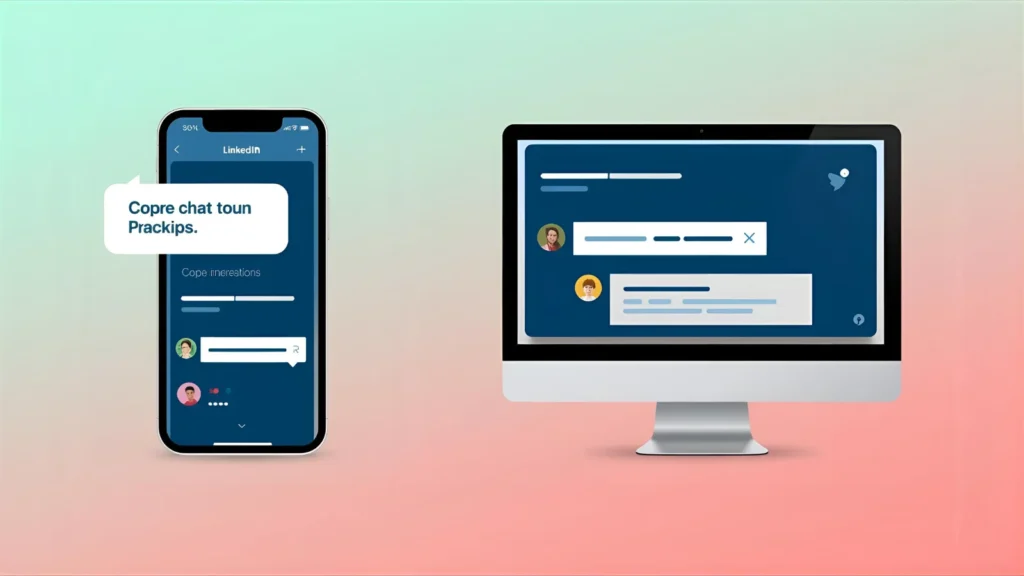
A few professional scenarios to illustrate LinkedIn post impressions:
A: “Our post received 12K impressions this week.”
B: “Great! That means it appeared on 12,000 feeds.”
A: “I see high impressions but low engagement.”
B: “That’s normal. What counts as an impression on LinkedIn is feed visibility, not interaction.”
A: “Why are my impressions dropping?”
B: “You might need better posting times, hashtags, or content optimization.”
A: “I got 5,000 impressions on my article. Does it mean 5,000 reads?”
B: “No — impressions reflect how many times it appeared on feeds, not who clicked or read.”
A: “How can I increase my impressions?”
B: “Use hashtags, post at peak times, engage before posting, and add visuals.”
🕓 When to Use and When Not to Use “Impressions”
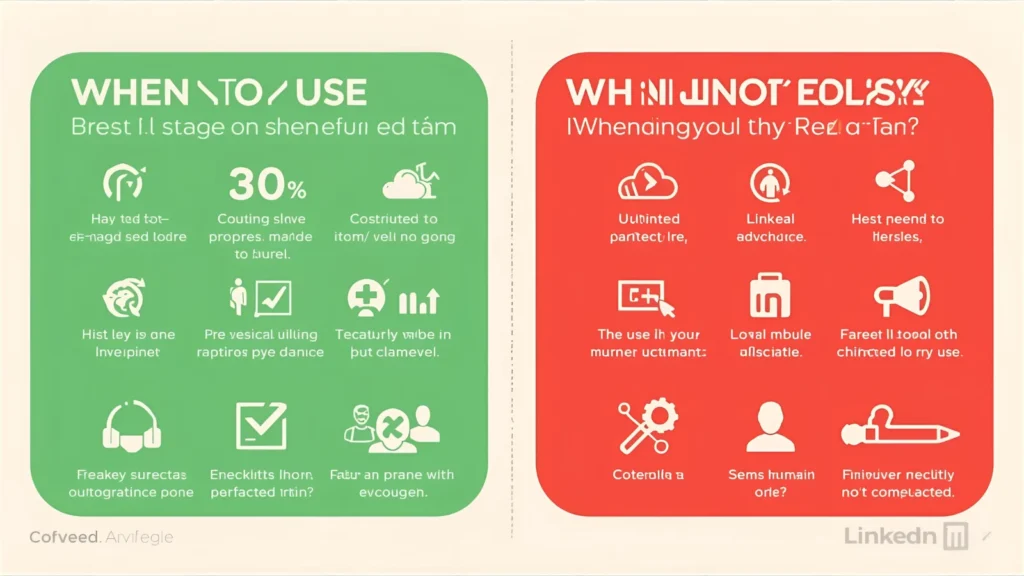
✅ When to Use
- In LinkedIn analytics reports
- When tracking post performance or reach
- During content strategy meetings
- While reviewing marketing campaign metrics
❌ When Not to Use
- In casual conversations about posts with friends
- When referring to actual engagement or clicks
- During urgent or formal professional discussions not related to analytics
| Context | Example Phrase | Why It Works |
|---|---|---|
| Analytics Report | “This post got 8K impressions last week.” | Shows visibility clearly |
| Team Meeting | “We need to increase post impressions.” | Professional and data-driven |
| Casual Chat | “I got tons of impressions!” | Only if the audience understands LinkedIn |
| Work Email | “Campaign impressions improved by 20%.” | Professional and clear |
🔄 Similar Metrics or Alternatives
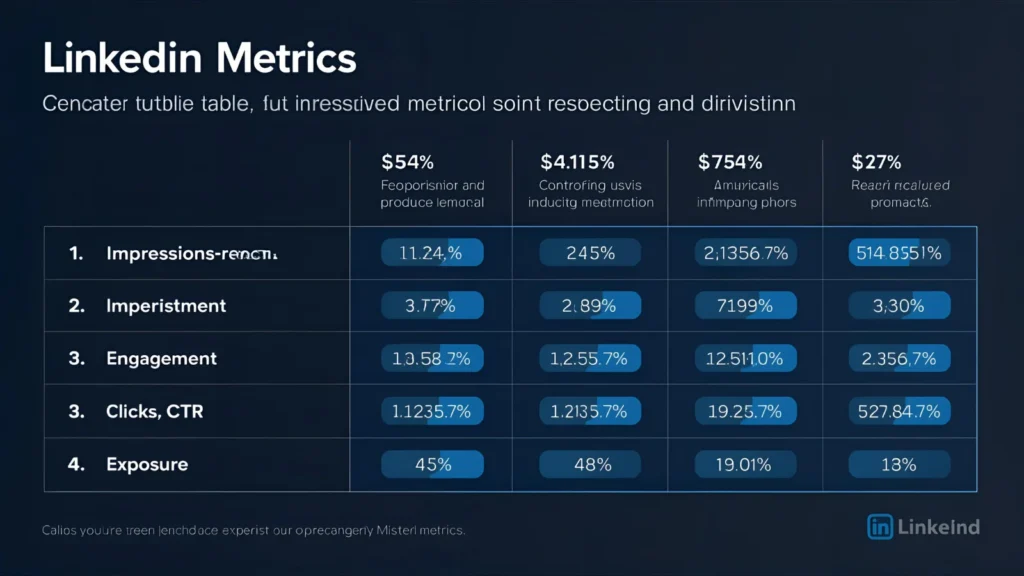
| Term | Meaning | When to Use |
|---|---|---|
| Reach | Number of unique people who saw your post | To measure audience size |
| Engagement | Total likes, comments, and shares | To track interaction |
| Clicks | Number of times users clicked your content | To measure interest |
| Views | Times people opened or watched content | For articles or videos |
| CTR (Click-Through Rate) | % of users who clicked after seeing it | Campaign performance |
| Exposure | Overall visibility of your brand | To explain general awareness |
These terms help understand impressions on LinkedIn and complement the LinkedIn impressions metric.
📈 How to Increase Impressions on LinkedIn
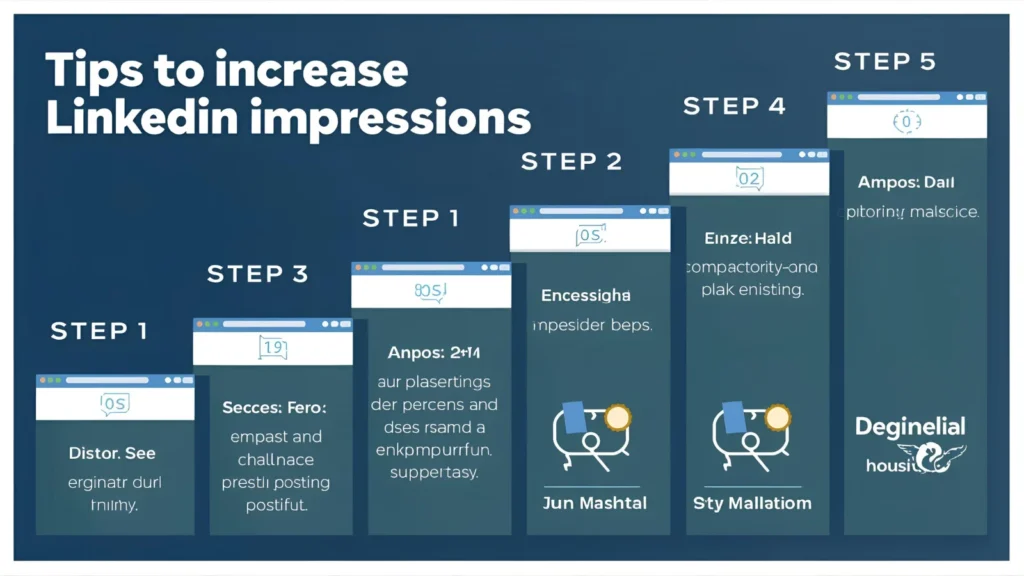
- ⏰ Post at peak times — mornings and weekdays get higher visibility
- 🏷️ Use relevant hashtags — improve discoverability
- 💬 Engage with others — comment, like, and share before posting
- 🎨 Add visuals or videos — posts with images have higher impressions
- ✍️ Write compelling headlines and captions — attract attention in feeds
- 🔄 Post consistently — LinkedIn rewards regular content with more impressions
❓ FAQs About “Impressions” on LinkedIn
1. Do impressions mean people read my post?
No. Impressions only show how many times it appeared on feeds, not who interacted.
2. What is a good number of impressions on LinkedIn?
Depends on your network. 500–2,000 impressions are normal for average users; 10K+ is strong for active creators.
3. Why are my impressions low?
Posting off-peak, low engagement, or missing hashtags can lower impressions.
4. Impressions vs. views — what’s the difference?
- Impressions: Content appeared on feeds
- Views: Users actually opened or watched it
5. Can impressions grow followers?
Yes. Higher visibility increases the chance of attracting new followers if the content is valuable.
6. Do likes affect impressions?
Yes. Higher engagement boosts visibility in LinkedIn’s algorithm, increasing post impressions.
🎯 Key Takeaways
- LinkedIn impressions = total times content appears on feeds.
- It measures visibility, not engagement or clicks.
- Understanding LinkedIn impressions meaning helps optimize content strategy.
- Combine impressions with reach, clicks, views, and engagement for a complete performance picture.
- To grow impressions: post consistently, engage, use hashtags, and add visuals.

Naz Fatima is an author at Saypadia who specializes in writing clear, relatable, and reader-friendly content about language, expressions, and modern terminology. She enjoys breaking down meanings with real-life context so readers can quickly understand and apply them. Naz’s work reflects a strong commitment to clarity, accuracy, and helping users find quick answers without confusion.

